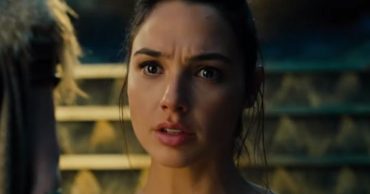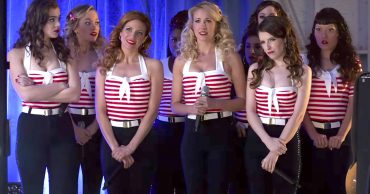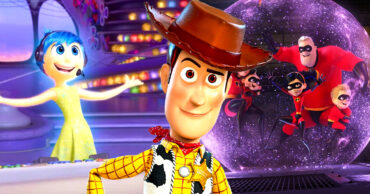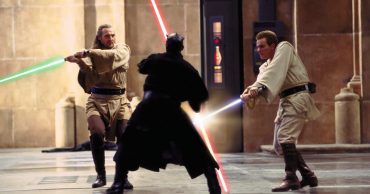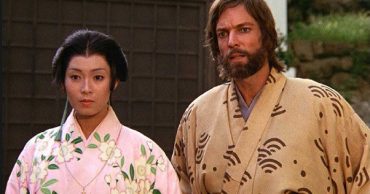Movies directed by actors often elevate themselves above their competition as the film is helmed by someone who has already mastered the art of storytelling through acting. In reality, many thespians end up taking a step behind the camera, however, not all pull it off and subsequently revert back to acting instead. Yet, on the flip side of the coin, there are some actors who shifted to directing and stayed there when they found success.
In terms of critical consensus, movies directed by actors typically fare well with the Academy Awards. These esteemed actors have already proven themselves in the field of acting, so, when it comes to stepping behind the camera, all eyes are on them. To that, let’s explore 5 of the best movies directed by iconic actors.
5. A Bronx Tale (1993)
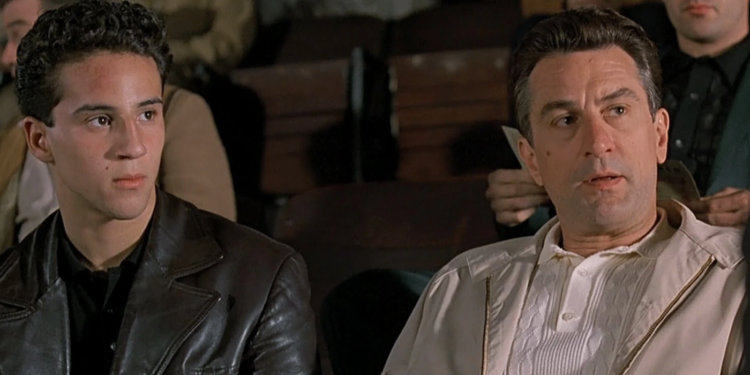
By the time A Bronx Tale was released in 1993, two-time Oscar winner Robert De Niro had fully established himself within the Mafia genre with acclaimed movies like The Godfather Part II, Goodfellas, and The Untouchables. In A Bronx Tale, he took a different path. In this coming-of-age crime drama, De Niro plays Lorenzo, a hard-working Italian American who finds himself constantly battling his son Calogero (Lilo Brancato) when he befriends a local gangster called Sonny (Chaz Palminteri).
A Bronx Tale slipped under the radar initially but has become just as appreciated as other gangster classics like Goodfellas. The movie served as Robert De Niro’s directorial debut as well as taking on a supporting role. While there are elements present that feel like your typical mob movie, it’s clear that De Niro set out to make a different kind of crime flick. This is evident in the fact that there is much more plot involved, being that it is a fictional story very loosely based on Palminteri’s younger years. The central story focuses on a young boy who is torn between right and wrong as he hopes to make both men proud. So, at it’s core, A Bronx Tale is much more of a family drama amidst the backdrop of the Mafia world, and De Niro came out swinging with his first ever stint in the director’s chair. He would follow on with The Good Shepherd in 2006, another critically acclaimed picture.
4. Mystic River (2003)
Clint Eastwood is one of the most decorated figures in Hollywood. As of 2024, he has officially retired but he has no doubt left behind a legacy that will last a lifetime. He was first known as the cowboy who rode into town and saved the day. He then branched out into action movies like Dirty Harry and Escape from Alcatraz, which made him a global star. But however esteemed he may be as an actor, his four Oscar wins all come from Best Director and Best Picture wins. In 2003, although he didn’t take home the gold Mystic River, Eastwood was nominated for Best Director and Best Picture. However, Sean Penn and Tim Robbins reigned supreme in the Best Actor and Best Supporting Actor categories.
Released in 2003, Mystic River is a gripping drama directed by Clint Eastwood that delves into themes of trauma, friendship, and the impact of the past on present lives. The film follows three childhood friends – Jimmy (Sean Penn), Dave (Tim Robbins), and Sean (Kevin Bacon) – who are reunited by a tragedy when Jimmy’s daughter is murdered. As the investigation unfolds, deep-seated secrets and unresolved issues from their childhood come to light, forcing the characters to confront their intertwined fates. Mystic River marked a pivotal moment in Eastwood’s career, showcasing his evolution as a director who prioritizes the artistry of filmmaking over his previous identity as a leading actor. With its powerful storytelling and emotional depth, the film remains one of Eastwood’s most impactful works and is celebrated for its profound exploration of human suffering and loss.
3. Braveheart (1995)
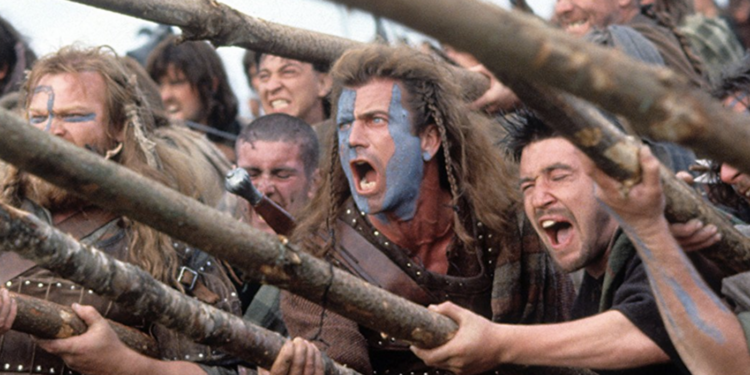
Mel Gibson became a global box office star in the 1980s thanks to roles in movies like Mad Max, Lethal Weapon, and Bird on a Wire. In 1993, he set out to prove himself as a storyteller with The Man Without a Face. However, it would be his next directorial effort that would earn him massive praise as a filmmaker.
Braveheart is an epic historical drama packed with action that tells the story of William Wallace (portrayed by Gibson), a 13th-century Scottish warrior who leads his countrymen in a rebellion against English rule. Driven by the tragic loss of his wife and fueled by a desire for freedom, Wallace rallies the Scottish people in their fight for independence, showcasing themes of bravery, sacrifice, and national identity. The film was a critical and commercial success, culminating in Gibson winning the Academy Awards for Best Director and Best Picture at the 1996 Oscars, triumphing over strong contenders like Apollo 13 and Sense and Sensibility. Its sweeping battle sequences and passionate storytelling have cemented Braveheart as a classic in cinematic history.
2. Citizen Kane (1941)
Citizen Kane, released in 1941, is a seminal film directed by Orson Welles that revolutionized the art of cinema. The movie follows the life of Charles Foster Kane, a wealthy and influential newspaper tycoon whose mysterious final words, “Rosebud,” become an enigma that sets the narrative in motion. Through a non-linear structure, the film weaves together a complex web of characters, love, power, and ambition, ultimately revealing the darkness beneath Kane’s facade. Citizen Kane was a groundbreaking achievement that proved that actors could successfully transition to directing and crafting epic stories. Nominated for a staggering nine Academy Awards, the film won one for Best Original Screenplay, marking Orson Welles’s triumph as a director and screenwriter. With its innovative cinematography, editing, and narrative style, Citizen Kane has become a timeless classic, widely regarded as one of the greatest films of all time.
1. Unforgiven (1992)
Once considered to be the man who overthrew legendary cowboy John Wayne, Clint Eastwood stepped away from the Western world for a good while during the 80s and early 90s. In 1992, he returned to the genre with Unforgiven, a brutal tale of revenge, redemption, and the consequences of one’s past. Eastwood had fully established himself as a director by now, however, his movies had not yet achieved awards recognition. This gritty and sprawling Western movie changed that and saw Eastwood take home two Oscars for Best Director and Best Picture. He also bagged a nomination for Best Actor in a Leading Role.
Unforgiven stands out amongst Eastwood’s prior Western movies as it is more of a slow-burn drama, exploring much more complex and heartfelt issues. The story centres on retired Old West gunslinger Will Munny (Eastwood), a man once known for his brutality and pinpoint accuracy with a revolver. When he becomes desperate for cash, Munny comes out of retirement to track down a bunch of bandits who slashed a woman’s face, leaving her scarred for life. He convinces his old friend Ned (Morgan Freeman) to come along and they meet an up-and-coming gunslinger who wants in on the action as well. Unforgiven marked a major shift in Eastwood’s career, slowing down and delving into more poignant themes as apposed to all out carnage. However, although Unforgiven is a slow-burn, it crescendos to one of the most epic and violent climaxes cinema has ever seen.
 Follow Us
Follow Us
